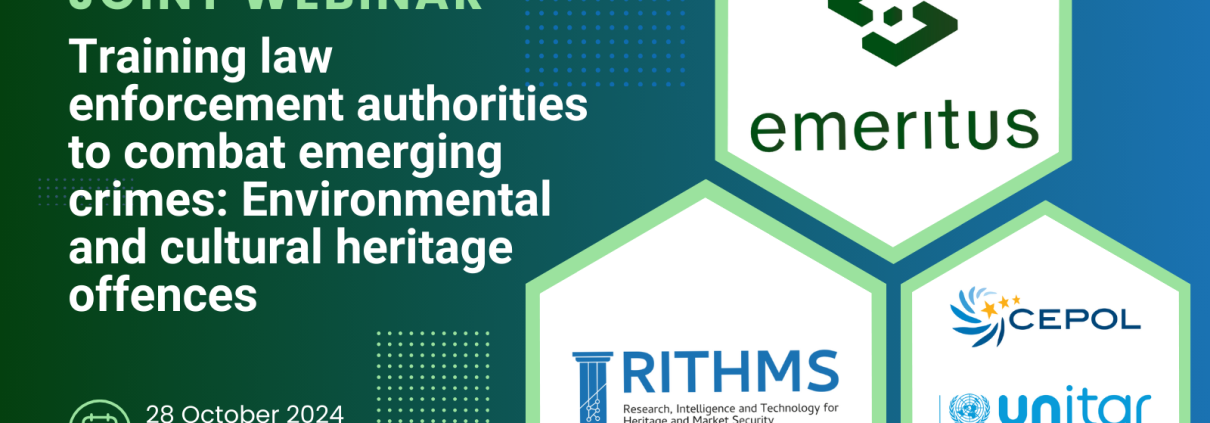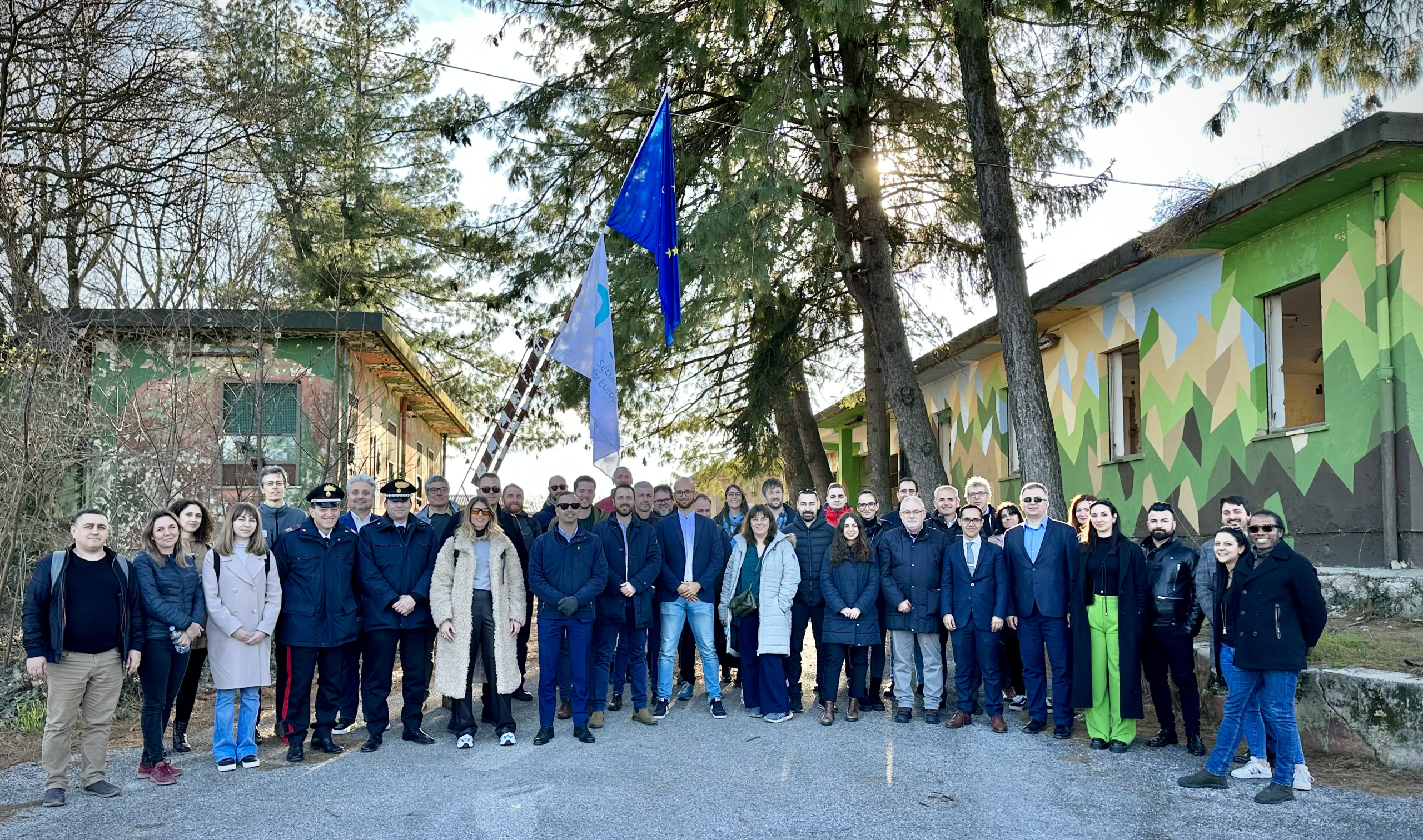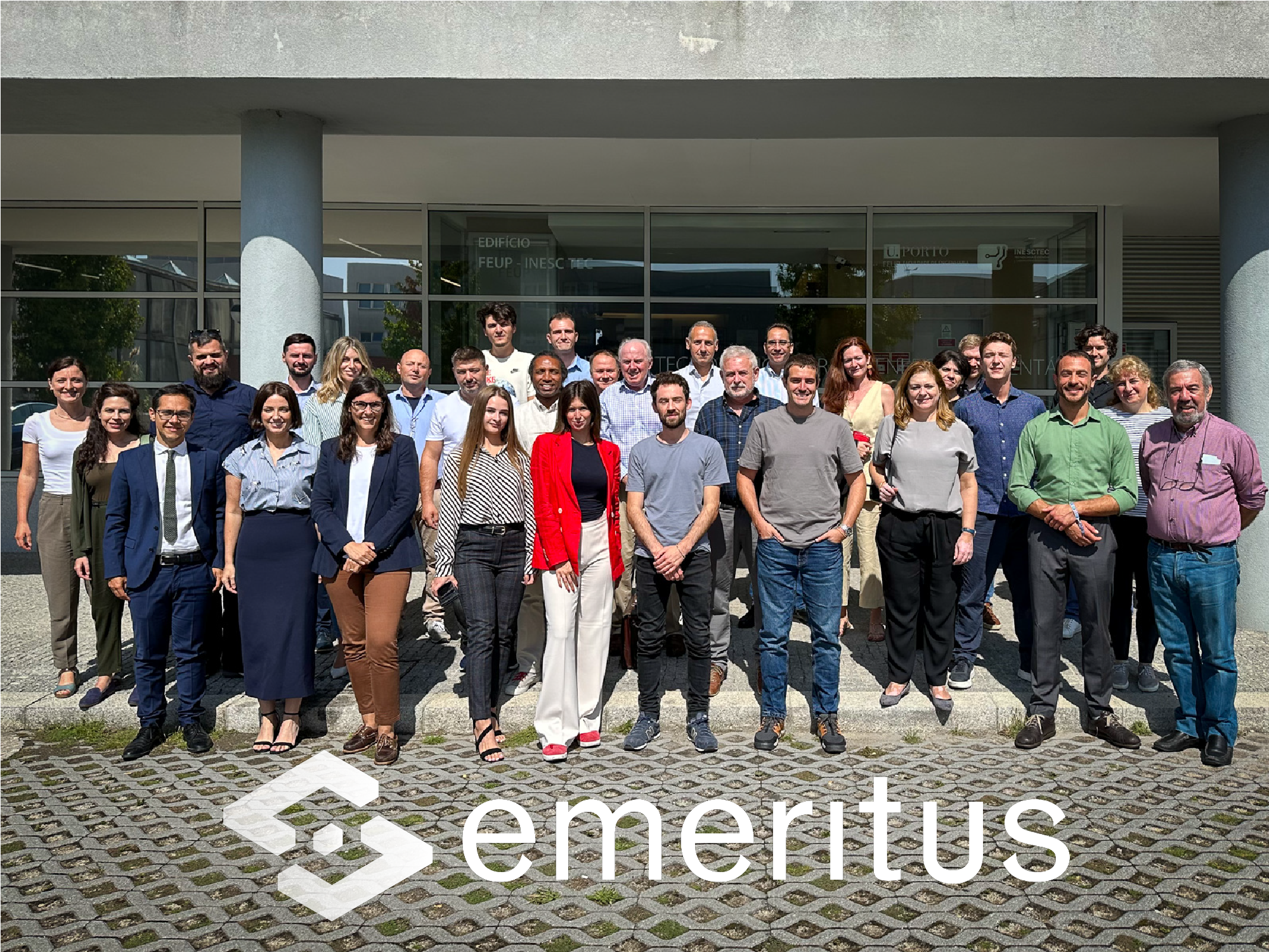EMERITUS and RITHMS projects joint webinar
On October 28, 2024, EMERITUS and RITHMS projects brought together experts in a collaborative webinar to address the growing threat of emerging crimes. Titled “Training Law Enforcement Authorities to Combat Emerging Crimes: Environmental and Cultural Heritage Offenses,” the online event underscored the increasing complexity of environmental crime and cultural heritage trafficking, which often span borders and require specialised knowledge and skills.
EMERITUS and RITHMS are two EU-funded projects that share a common objective: addressing niche crimes – such as environmental, waste, and cultural heritage crimes – that require distinct expertise due to their complexity and the specific knowledge needed to detect, investigate, and prosecute offenders effectively.
The importance of collaboration
This joint webinar represents the unique collaboration between EMERITUS and RITHMS projects, each addressing distinct but interconnected criminal issues. EMERITUS focuses on equipping LEAs and border guards with resources to investigate environmental crimes, particularly waste-related offenses. RITHMS, on the other hand, tackles the illicit trafficking of cultural heritage by developing an innovative digital platform powered by Social Network Analysis to provide LEAs with accurate intelligence on criminal networks involved in the art trade. The event was enriched by the perspectives of UNITAR (United Nations Institute for Training and Research), which offers global capacity-building programs, and CEPOL (European Union Agency for Law Enforcement Training), which shared insights into specialised training for European police forces. These initiatives and institutions highlighted the need for continuous education, collaboration, and adaptation as criminal landscapes evolve.
The panel featured experts representing four perspectives. Alfiya Urazaeva, Business Developer & Project Manager at CIFAL Malaga, represented EMERITUS; Sandra Balbierz, Researcher & Project Manager at University of Applied Science for Public Administration and Legal Affairs in Bavaria (HföD), represented RITHMS; Matteo Arru, Research Associate at CEPOL; and Elena D’Angelo, International Consultant at UNITAR; explored these obstacles and offered practical solutions. Margherita Volpe moderated the webinar from the EMERITUS coordination team, who is a European Projects Operative Coordinator at Zabala Innovation.
Key challenges in tackling niche crimes
During the webinar, the speakers discussed the main challenges in addressing such niche crimes. The first issue to face is the fact that specific expertise in areas like ecology, biology, archaeology and art history, often missing in traditional LEA skillsets, are instead relevant to developing effective strategies against those crimes. Limited funding and low prioritisation of these crimes compound this problem, making it hard for LEAs to obtain essential resources and training.
Cross-border collaboration is key, yet difficult to implement due to varying jurisdictional rules, data-sharing restrictions, and procedural differences. LEAs struggle with both the legal and logistical aspects of collaboration across borders.
Additionally, LEAs often lack familiarity with the technological and legal tools necessary for investigating niche crimes. Training needs assessments show gaps in areas like data analysis, ecosystem assessment, and legal processes, which are crucial for combating environmental and cultural crimes.
Adapting training programs
To address these challenges, LEAs are tailoring training modules addressing the identified specific needs. Programs focus on use-case scenarios, technological knowledge, practical applications, and building a “community of practice” to connect LEA members globally. Cross-border collaboration modules, where officers learn side-by-side with international colleagues, help overcome communication and cultural barriers.
Sandra Balbierz emphasised that improving public awareness and LEA specialisation could enhance enforcement against crimes like art trafficking. With a powerful art market lobby and low reporting rates, law enforcement needs to build strong networks with industry experts, art historians, and cultural goods specialists.
Matteo Arru underscored the importance of accessible technology for LEAs. Many organisations tend to centralise tech tools within specialised units, which limits general access and understanding among broader LEA staff. Simplifying technology and ensuring user-friendly applications are priorities for expanding effective tech use across law enforcement personnel.
Overcoming cross-border training challenges
Elena D’Angelo highlighted the complexities of cross-border training, especially in areas like waste trafficking, where definitions and regulations vary by country. She shared that training programs benefit when participants from both origin and destination countries are present, facilitating mutual understanding of legislation and processes. This fosters personal connections among officers, who can later assist each other in active investigations, speeding up the process.
Alfiya Urazaeva added that rapidly evolving technology also presents challenges in cross-border training, especially when agencies have limited resources. Without timely access to updated training on new tools and methodologies, officers often struggle to keep up. Urazaeva pointed out that involving partner organisations, such as UNITAR, in training initiatives could provide ongoing knowledge support. Also, establishing a shared digital platform for training materials would enable officers from different countries to access up-to-date resources efficiently, improving cooperation across borders.
Overall, panellists agreed on the need for continued access to updated training materials, emphasising the role of projects like EMERITUS and RITHMS in ensuring LEAs stay updated on rapid technological advancements. Sustaining these training initiatives requires a standardised yet flexible approach, allowing LEAs to adapt to new developments and challenges.





